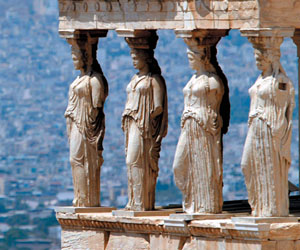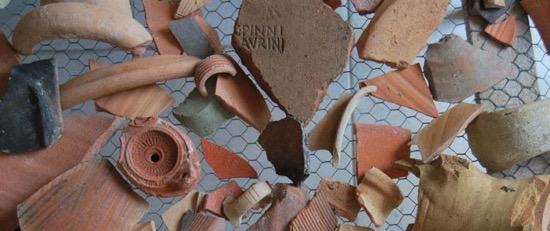Visiting Assistant Professor in Classical Archaeology
Joukowsky Institute for Archaeology and the Ancient World
Brown University, Providence, RI
The Joukowsky Institute for Archaeology and the Ancient World at Brown University invites applications for a visiting assistant professor position in the field of classical archaeology, with a preference for candidates with research interests in the Classical, Hellenistic or Roman periods. Scholars with museum experience and/or active fieldwork projects are of particular interest. Teaching will be at both the undergraduate and graduate levels; interdisciplinary offerings are desirable.
Candidates must be engaged with a promising and developing research program; the Ph.D. must be in hand by July 2015. Excellence in undergraduate and graduate teaching is essential. The successful candidate will also be expected to take a full part in the academic life and to contribute to the ongoing activities of the Joukowsky Institute for Archaeology and the Ancient World. This will be a one-year position, beginning on July 1, 2015.
All candidates should submit a letter of application and a curriculum vitae by April 6, 2015. Applicants should arrange for three letters of reference to be submitted by the application deadline. Applications received by April 6, 2015 will receive full consideration, but the search will remain open until the position is closed or filled.
Please submit application materials online at http://apply.interfolio.com/28917. There is no need to provide hard copies of application materials for those that have already been submitted electronically.
For further information:
Professor Susan E. Alcock
Chair, Search Committee
Joukowsky Institute for Archaeology and the Ancient World
Brown University
Box 1837 / 60 George Street
Providence, RI 02912
joukowsky_institute@brown.edu
Brown University is committed to fostering a diverse and inclusive academic global community; as an EEO/AA employer, Brown considers applicants for employment without regard to, and does not discriminate on the basis of, gender, race, protected veteran status, disability, or any other legally protected status.

 Session One (June 1 – 26)
Session One (June 1 – 26)





